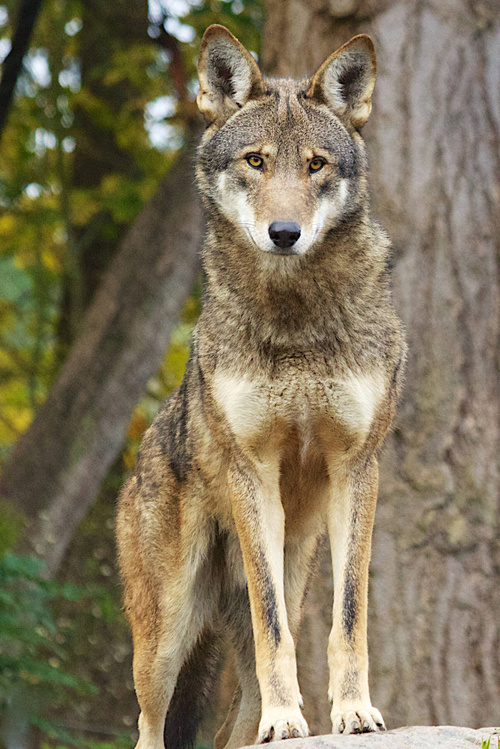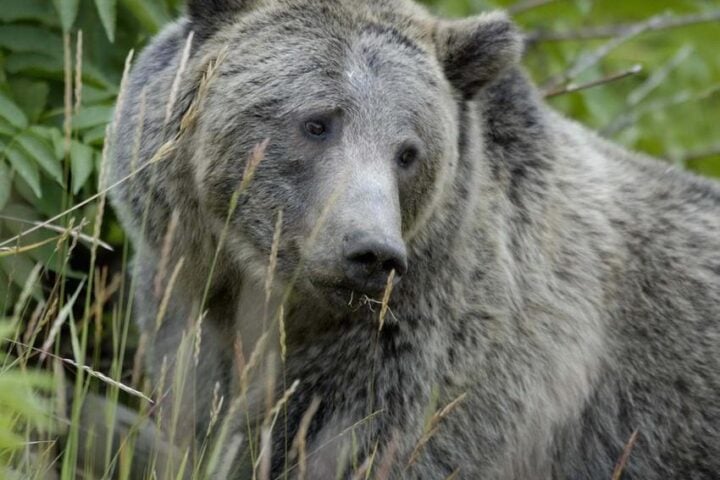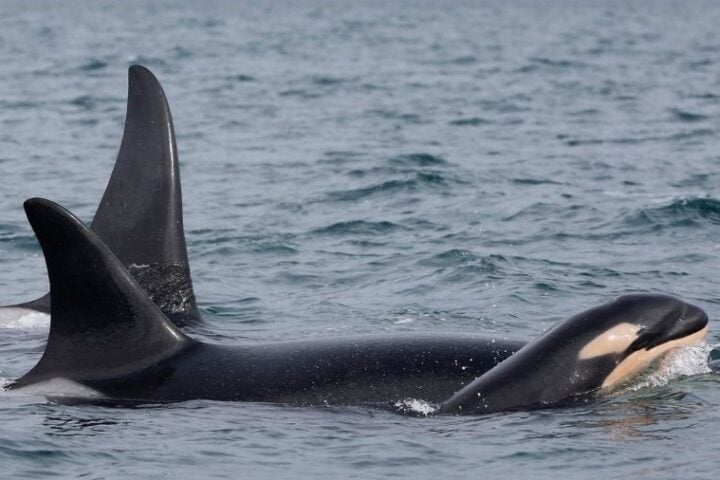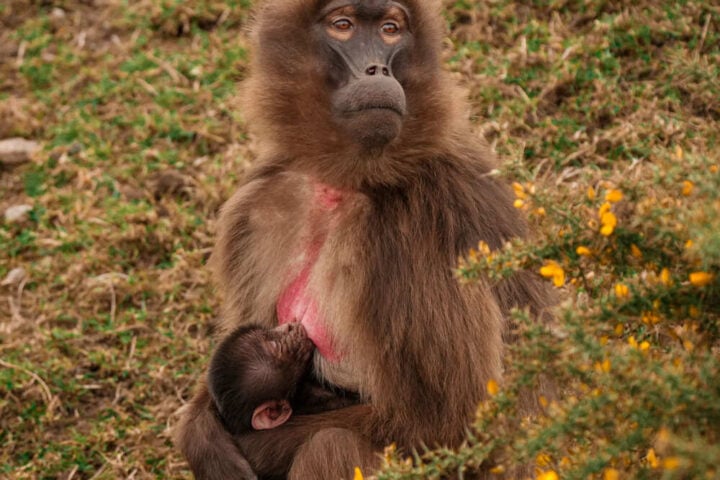Conservationists have filed a lawsuit under the Endangered Species Act against the U.S. Fish and Wildlife Service. The lawsuit claims that federal law requires the Service to classify red wolves as “essential” and provide them with stronger protections. The red wolf is the rarest wolf species in the world and needs protection. In August 2023, an agreement was reached that requires the Service to publicly release plans for the release of red wolves into eastern North Carolina over eight years.
The lawsuit has been filed in response to the decision to deny a petition filed by the Center for Biological Diversity in January 2023. The Fish and Wildlife Service sent a letter in January stating that the petition for reclassification had been rejected, citing the flexibility in managing the species allowed by its ‘nonessential’ classification.
There are only 13 wild red wolves known to exist in eastern North Carolina, as reported by the Center for Biological Diversity. The red wolf is officially classified as endangered under the Endangered Species Act of 1973. According to Perrin de Jong, an attorney for the Center, there are fewer than 300 red wolves remaining nationwide, with most being held in captivity. The only wild population of red wolves is the small number living in North Carolina. The Center reports that the nonessential label allows for certain conditions where the wolves can be relocated or even killed.
According to the Center for Biological Diversity, red wolves were once native to the American Southeast and beyond, ranging from Texas to Florida and as far north as New York. However, after the colonization of the Americas, humans hunted these predators to near extinction, leaving only a few remaining. In 1986, the U.S. Fish and Wildlife Service established an experimental population of red wolves in the Alligator River National Wildlife Refuge located in North Carolina, and designated it as “nonessential.” Unfortunately, in 1995, the agency revised the management rule for this population and allowed private landowners to kill red wolves.
The Center believes that the U.S. Fish and Wildlife Service needs to adhere to the Endangered Species Act and provide the highest levels of protection for these red wolves. “The agency must follow the letter and spirit of the Endangered Species Act and start treating red wolves with the utmost level of care,” said de Jong. In addition, the lawsuit aims to eliminate the agency’s regulations that permit private landowners to hunt and kill red wolves.
In October 2023, the U.S. Fish and Wildlife Service published a red wolf recovery plan that outlines important conservation measures for this endangered species. These measures include the establishment of new wolf populations and a reduction in human-caused wolf deaths. According to the analysis, red wolves can survive in the wild, but only with “significant additional management intervention.” The recovery plan is for “Canis rufus,” the only wolf species unique to the United States. The plan proposes spending almost $328 million over the next 50 years to remove the red wolf from the endangered species list.








![Representative Image: European Starling [49/366]. Photo Source: Tim Sackton (CC BY-SA 2.0)](https://www.karmactive.com/wp-content/uploads/2025/04/Starlings-Drop-82-in-UK-Gardens-as-Birdwatch-2025-Reveals-Record-Low-Count-Since-1979-720x480.jpg)









